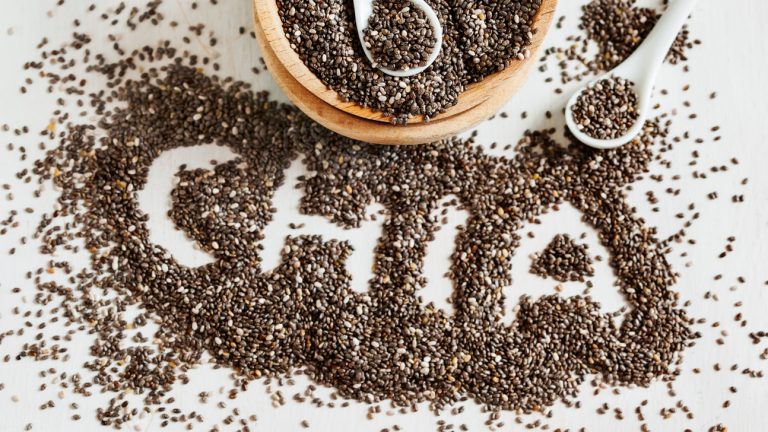
Dementia has been on the rise in the United States for years—and unfortunately, it shows no signs of stopping. In 2019, the Alzheimer’s Association reported that 5.8 million Americans are living with Alzheimer’s disease. Scarier yet, during the 15-year period between 1999 and 2014 alone, Alzheimer’s deaths in the United States rose by 55 percent, according to the Centers for Disease Control and Prevention (CDC).
But while the data shows a frightening trend, there are still things you can do to protect your brain against dementia. Keep reading to discover some of the surprising habits that can reduce your risk of dementia and keep you cognitively fit well into your golden years.
Brush your teeth.
Though brushing your teeth is important before you turn 40, it’s even more so as you reach middle age. Of course, this is a surefire way to prevent cavities and dreaded dentures—but beyond that, it can also reduce your dementia risk.
That’s according to a 2019 study published in the journal Science Advances, which found that the bacteria that causes gingivitis can migrate from the mouth into the brain and wreak havoc on nerve cells, making you more susceptible to Alzheimer’s.
Lower your cholesterol.
After your 40th birthday, it’s important to focus on lowering your cholesterol—not just for your heart health, but also for the sake of your memory. One study published in the journal Neurology analyzed brain specimens from autopsies and found that subjects who had higher cholesterol levels at death were also more likely to have neuritic plaques, a type of deposit in the brain that is used to diagnose Alzheimer’s disease in the deceased.
Drink more coffee.
Good news for all you java fans out there: You don’t have to curb your coffee cravings in order to keep your brain healthy. On the contrary, scientists actually encourage a cup of coffee in the morning to protect your memory.
In one study published in Frontiers in Neuroscience, researchers concluded that cups of both caffeinated and decaffeinated dark roast contained phenylindanes, compounds that block the proteins beta-amyloid and tau from clumping together and triggering diseases like Alzheimer’s and Parkinson’s.
Or brew a cup of cocoa.
Not a fan of coffee? No worries—just order a hot cup of cocoa instead. One study from Columbia University Medical Center found that the cocoa flavanols found in cocoa beans can improve the function of the dentate gyrus, the brain region associated with age-related memory loss.
Try a beet latte.
Take advantage of the beet latte trend that’s taking over Instagram. According to research presented at the 255th National Meeting & Exposition of the American Chemical Society in 2018, there is a compound in beet extract called betanin that may inhibit reactions in the brain involved with Alzheimer’s disease.
Eat more mushrooms.
The next time you whip up an egg scramble or side salad, be sure to throw some mushrooms in. One 2019 study published in the Journal of Alzheimer’s Disease collected data over the course of six years and concluded that older adults who ate more than two standard portions of mushrooms per week—or at least 1 ½ cups of mushrooms—were 50 percent less likely to have mild cognitive impairment.
Lower your blood pressure.
Work with your doctor to get your blood pressure under control before it becomes a problem for both your heart and your brain. According to analysis from Johns Hopkins Medicine, people who took blood pressure medication were half as likely to develop Alzheimer’s compared to those who weren’t on prescribed meds. That’s because having high blood pressure can impact the small blood vessels in the brain and in turn damage the regions responsible for thinking and memory.
Take more walks.
The more you walk, the less memory decline you’ll see. Researchers from the Department of Radiology at the University of Pittsburgh had individuals with mild cognitive impairment and Alzheimer’s disease walk five miles per week, and they found that this simple strategy was able to slow down the progression of both diseases over a 10-year period.

























